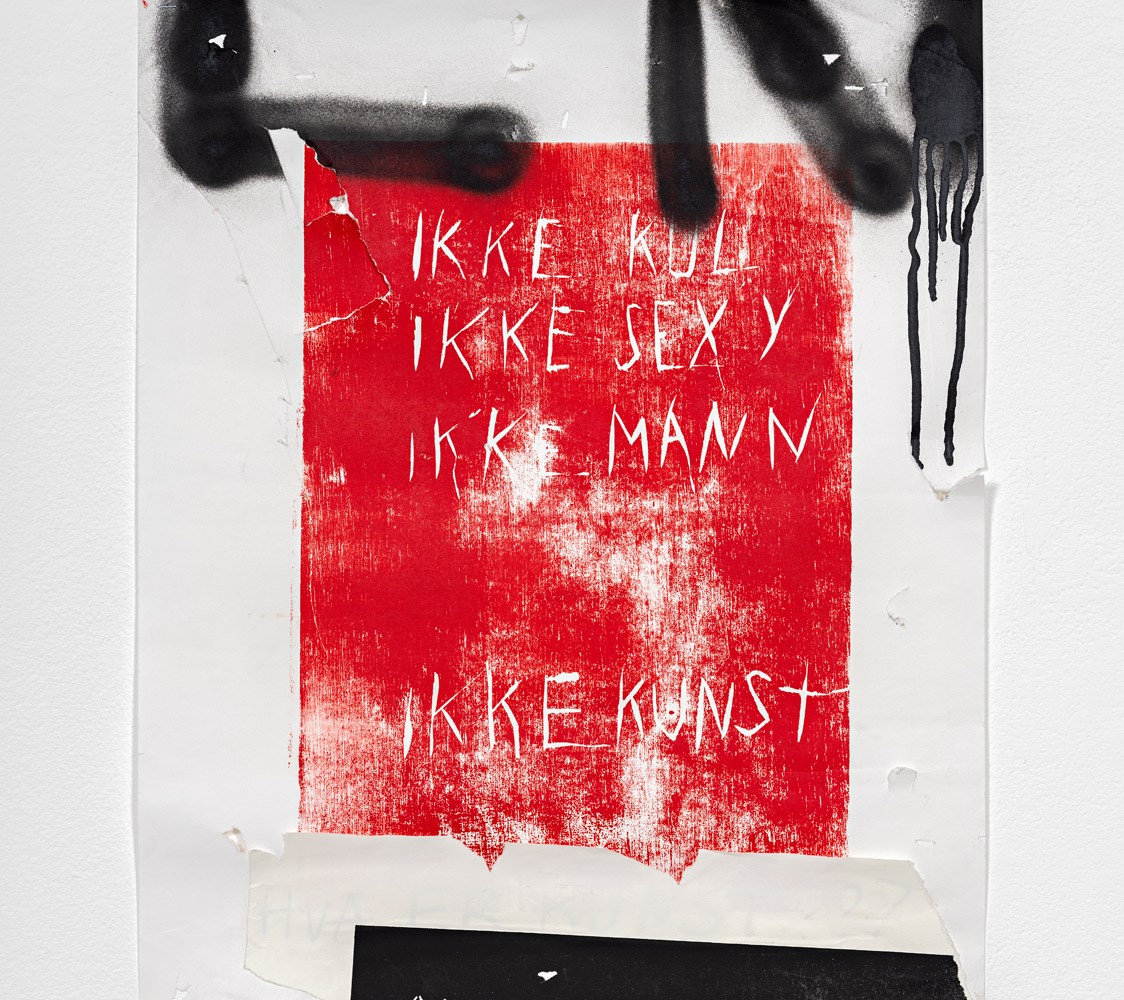Gender and the Arts (archived)
Gender and the Arts

The interdisciplinary research group focuses on visual art, primarily Art History, Film Studies and film and art production. We hold that art, the work as well as processes of production and reception, creates, negotiates, and recreates culture. With a focus on gender and diversity, we investigate the complex interactions between the artist, the work of art, and art’s aesthetic and societal impact. Our projects cover:
- Artists. Under this headline, we discuss what happens to the production of meaning and identity when the authoritative and masculine position of the artist is challenged.
- Representations. Under this rubric, we ask ourselves how different kinds of art works, through formal qualities, themes, and production contexts, are shaped by and challenge dominant discourses of identity
- Institutions. This refers to studies of how art works by women are valued in critical discourse and represented in public space and cultural narratives.
Projects
This ‘umbrella’ project contains analyses of female protagonists in Norwegian film history from silent fictions to feature film productions after 2000. The analyses concern narrative agency and visual style and discusses the performances in relation to female stereotypes in western cinema and discourses of ethnicity, whiteness and/or class in a Norwegian and Nordic context. For the time being the project is concentrated on Norwegian silent film and a study of the silent heroines according to Whiteness and Nordic femininity.
Contact: Anne Marit Myrstad
This PhD project is a study of women’s feminist filmmaking in Norway in the 1970s. The aim is to expand the notion of women’s entrance into filmmaking in Norway with an account of the characteristics and central concerns of feminist filmmaking, of the women who made them, the resources and material conditions that enabled them to do so, and the critical discourse and exhibition practices surrounding them.
Contact: Ingrid S. Holtar
One important starting point for this project is how evocative animated documentaries enable us to gain knowledge about unfamiliar states of mind and mental experiences through prompting our imagination. On this basis and by utilising a practise based, self-reflexive artistic approach, the project further explores how the subjective experiences of three female filmmakers can be visualised through the evocative use of space in mixed media moving image. The short documentary builds on interviews with the filmmakers and experimentation with their individual artistic methods combing live action and animation.
Contact: Denise Hauser
I am interested in the ways in which the history of art has been promoted within the nation-state as expressed through national collections of art, under the vast influence of colonialism and imperialist thought, and how to use decolonial feminisms to analyse and unpack this development. My current work examines the acquisitions in Norway’s national collection of artworks from 1970, tracing alternative art histories in the pursuit of potentially future representative collecting of cultural heritages.
Contact: Pernille Zidore Nygaard
This project examines how the exhibition format was understood as a whole environment in the feminist art of the 1970s, and how the extended use of textile introduced a new materiality into art clearing the way for a new aesthetics. One case is the group exhibition Samliv (1977), which was produced and showed in Bergen and later travelled around Norway. Another relevant group exhibition was Halvparten (1980). How were these manifestations received back then, and what impact did they have in the long run?
Contact: Ulla Angkjær-Jørgensen
Members
-
Denise Hauser PhD Candidate
+4791249708 denise.hauser@ntnu.no Department of Art and Media Studies -
Samira Makki PhD Candidate
+47-73559525 samira.makki@ntnu.no Department of Art and Media Studies -
Pernille Zidore Nygaard PhD Candidate
+47-73412528 +4746420419 pernille.z.nygaard@ntnu.no Department of Art and Media Studies
